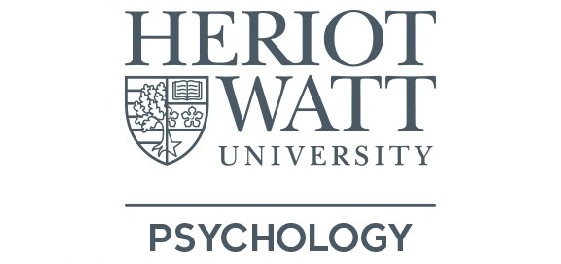
Ethical considerations in qualitative research
David Matthew Edmonds and Olga Zayts-Spence (University of Hong Kong)
Interviewing human research participants involves formal ethical considerations and guidelines around how researchers should manage sensitive issues. Yet, these are abstract suggestions that often have limited relation to how researchers manage sensitive matters during interviews. Our talk addresses the issue of participants talking about the sensitive issue of their mental health diagnoses in research interviews. Our analysis draws on interview data from a wider project on the impacts of the COVID-19 pandemic on university-to-work transitions. Our dataset comprises 41 interviews with university staff members and 68 interviews with university students. Our analysis focuses on cases wherein participants disclose their mental health diagnoses or those of others during the course of the interviews. We reveal the differences between elicited and spontaneous disclosures and their functions. We pay particular attention to how interviewers responded to these disclosures, which can be conceived of as a continuum from minimal continuers to affiliative understanding to subsequent probe questions. We discuss the implications of our findings for a more communicative ethics—that is, focusing on how sensitive issues are managed in situ during research. In addition, we consider the affordances and constraints upon of the interview methodology for sociolinguistic researchers studying mental health discourse.
In-person: Scott Suite (Edinburgh Business School), Heriot-Watt University, Edinburgh; Online: click ‘Join via MS Teams’.

